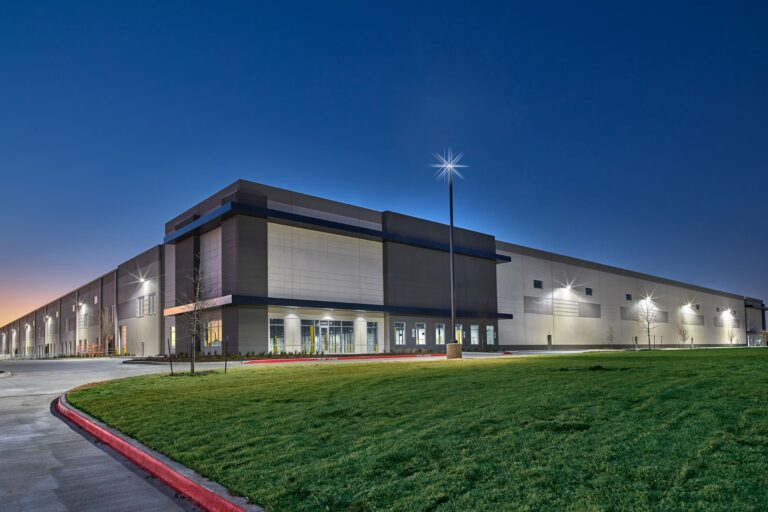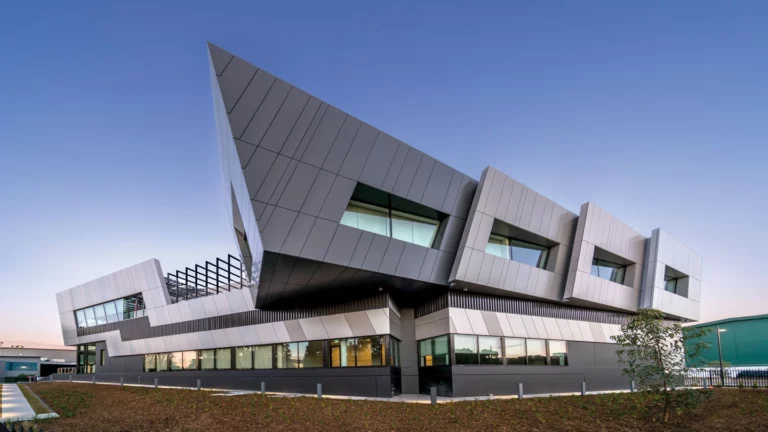Real Estate Investing Business: Complete Guide, Benefits, and Real-World Examples
Real estate has long been one of the most stable and profitable forms of investment. A real estate investing business is more than just buying and selling properties it involves a structured approach to generating income and building long-term wealth through property ownership, development, and management.
When structured properly, real estate investing can provide multiple income streams, such as rental income, property appreciation, and equity growth. This makes it one of the few industries that offers both immediate cash flow and long-term wealth creation opportunities.
Understanding the Real Estate Investing Business

The foundation of any real estate investing business lies in identifying opportunities within residential, commercial, industrial, or mixed-use properties. Investors choose strategies based on their financial goals, such as passive income, capital gains, or diversification.
Unlike traditional investing in stocks or bonds, real estate provides a tangible asset that can be improved, managed, and leveraged. This flexibility allows investors to tailor their approach, whether through direct property ownership, partnerships, or real estate investment companies.
Key Components of a Successful Real Estate Investing Business
A successful real estate investing business is built on strategy, financial planning, and market analysis. The essential components include:
- Market Research: Understanding local property trends, rental demand, and appreciation potential.
- Financing Strategy: Leveraging capital through mortgages, partnerships, or private investors.
- Property Management: Ensuring maintenance, tenant relations, and cash flow stability.
- Exit Planning: Having strategies for resale, refinancing, or long-term hold.
These components combine to ensure that real estate investments not only generate income but also maintain resilience in shifting market conditions.
Real-World Examples of Real Estate Investing Businesses
Residential Rental Properties

Residential rentals remain one of the most popular forms of real estate investment. A business model built around acquiring single-family homes or apartment complexes generates consistent monthly income while benefiting from property appreciation.
For example, an investor who purchases several multi-unit buildings in a growing metropolitan area can secure steady cash flow from tenants. Over time, rising demand in that neighborhood increases property values, creating opportunities for refinancing or profitable resale.
Commercial Office Spaces

Another real-world application of the real estate investing business is commercial properties, such as office buildings. Investors lease these spaces to companies, law firms, or start-ups, often on long-term contracts that provide stability.
A commercial investor might target office spaces in developing business districts. With a strategic focus, these investments generate predictable income while benefiting from urban growth. The complexity of commercial leases makes them particularly lucrative for experienced investors.
Industrial and Logistics Warehouses

Industrial real estate has become increasingly attractive with the growth of e-commerce and global trade. Warehouses, logistics hubs, and distribution centers are critical assets for supply chain efficiency.
An industrial real estate investing business might involve acquiring land near highways or ports and leasing warehouse space to logistics providers. This model delivers strong returns due to rising demand for storage and fulfillment centers.
Real Estate Development Projects

Some investors choose to focus on development—purchasing land, building new properties, and selling or leasing them at a profit. This high-risk, high-reward strategy requires in-depth market knowledge and significant capital.
For example, a real estate development firm may acquire land in a growing suburban area to build residential communities. By anticipating demand, they capture profit margins from both construction and future appreciation.
Mixed-Use Property Investments
Mixed-use properties combine residential, retail, and office spaces into a single development. These investments provide multiple income streams while enhancing community engagement.
For instance, an investor may acquire or develop a property with ground-floor retail, office spaces above, and apartments on top. This model diversifies income sources while reducing vacancy risks, making it a resilient approach to real estate investing.
Benefits of Running a Real Estate Investing Business
Cash Flow and Passive Income
Real estate provides ongoing rental income, offering financial stability and flexibility. This passive income allows investors to reinvest profits into expanding their portfolio.
Appreciation and Wealth Building
Over time, property values typically increase, allowing investors to build wealth while maintaining ownership of tangible assets. Strategic improvements can accelerate appreciation even further.
Diversification of Investment Portfolio
Real estate acts as a hedge against stock market volatility. It provides diversification that balances investment portfolios, reducing overall financial risk.
Tax Advantages
Many governments offer tax benefits for property owners, including depreciation deductions, mortgage interest write-offs, and capital gains advantages. These benefits increase overall profitability.
The Role of Technology in Real Estate Investing Business
Technology has transformed the real estate investing landscape. Digital platforms provide real-time data on property values, rental demand, and market trends. Investors can analyze opportunities with precision, improving decision-making.
Geospatial tools and Geographic Information Systems (GIS) help investors evaluate neighborhood demographics, transportation access, and development potential. Virtual tours, 3D modeling, and property management software streamline operations and tenant engagement.
Artificial intelligence and predictive analytics further enhance forecasting, allowing investors to identify emerging markets before they reach peak demand. This tech-driven approach empowers real estate investors to remain competitive in an increasingly digital marketplace.
Use Cases of Real Estate Investing Business
Solving Housing Shortages
Real estate investing businesses play a vital role in addressing housing shortages by developing and managing residential properties. Investors provide accessible housing options that meet growing demand.
Supporting Economic Growth
Investments in commercial and industrial properties stimulate local economies by creating jobs, supporting businesses, and driving urban development.
Enhancing Community Development
Mixed-use properties contribute to vibrant communities by integrating housing, retail, and office spaces. These developments create live-work-play environments that attract both residents and businesses.
Building Long-Term Financial Security
For investors, real estate provides long-term stability and wealth-building opportunities that other investments cannot match. The ability to hold, leverage, and pass down assets ensures intergenerational financial security.
Future Outlook for Real Estate Investing
The future of the real estate investing business is shaped by evolving market demands, technology, and sustainability. Investors are increasingly focused on green building practices and energy-efficient properties.
Urbanization, remote work trends, and e-commerce growth will continue to influence investment opportunities. Those who leverage data, technology, and innovative strategies will remain at the forefront of this dynamic industry.
Frequently Asked Questions
What is a real estate investing business?
A real estate investing business is a structured approach to acquiring, managing, and profiting from properties. It includes residential, commercial, industrial, and mixed-use investments aimed at generating income and long-term wealth.
Is real estate investing profitable in the long term?
Yes, real estate investing has historically been one of the most profitable long-term investment strategies. It provides consistent rental income, property appreciation, and tax benefits that strengthen wealth creation.
How does technology improve real estate investing?
Technology improves decision-making through real-time data, predictive analytics, and digital tools like virtual tours. It also streamlines property management, enhances tenant communication, and identifies emerging market opportunities.





